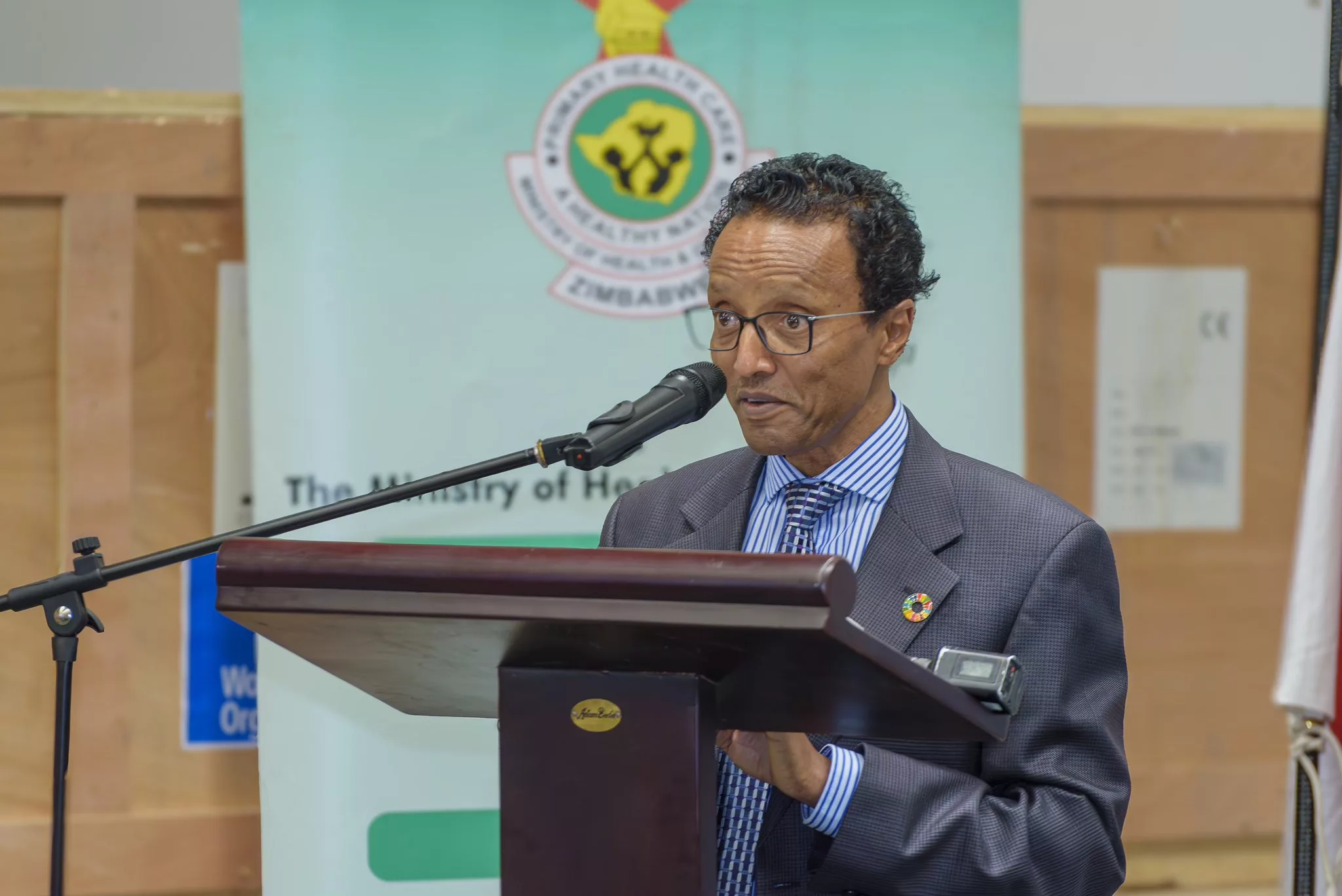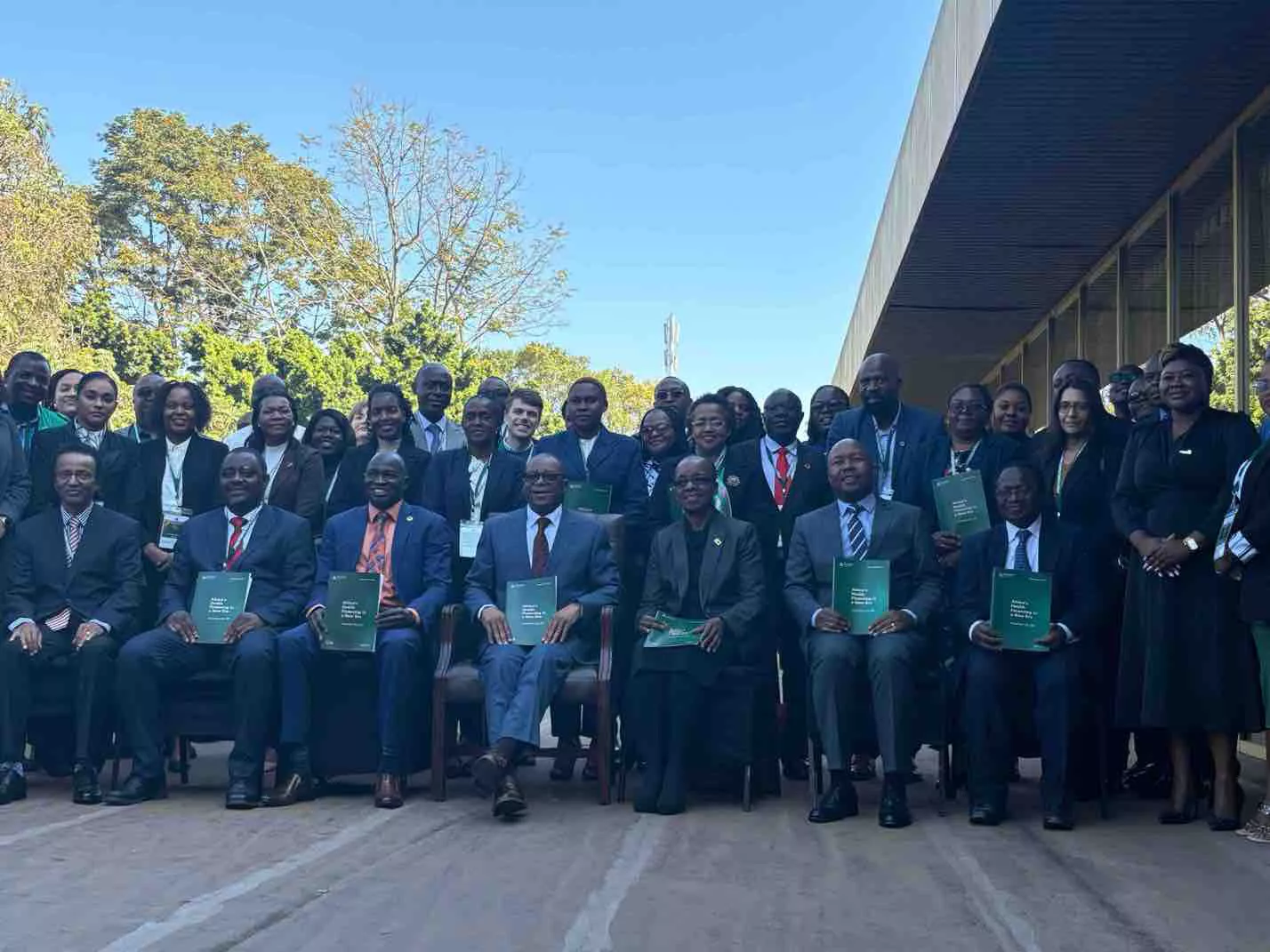By Elvis Dzvene
Yes, Failure to plan, is planning to fail. If Zimbabwe is not careful the budget will be a mechanism to speed up down fall of its economy. Zimbabwe financial system will still fall in the same traps due to lack of proper planning to deal with source where the problem is emanating from.
Economic downfall is caused by lack of financial discipline and relevant policies among others as revealed below.
Lack of financial discipline, is one of the oldest problem that the Zimbabwean government is still suffering from for instance;
A total debt of 16 billion is nothing. The problem comes when domestic debt is higher than external debt. According to statistics produced during the announcement of 2018 fiscal and monetary measures, the domestic debt was sitting at US$9 billion against US$7 billion external debt. It’s a shame sign of financial indiscipline that Zimbabwe itself cannot run its economy and it’s in huge crisis to the extent that it cannot pay its external debt. This closes doors for accessing financial assistance.
The lack of financial statements to promote transparency is another issue. In an effort to rebuild Zimbabwe to be great once again, there is need to restore confidence in Zimbabwean citizens for collective efforts from a common ground. There are some shocking expenditures from the government that need transparency to rebuild confidence.
If funds for financial assistance are publishable, what makes it impossible to publish what it was used for and results? At this moment there is need for explanation on how the 5 billion debt accumulated from November 2017 to August 2018 and what these funds were used for. As long as there is no transparency in funds disbursements failure will always knock at the door of Zimbabwe’s financial Sector.
Failure to deal with corruption decisively and embezzlement of funds is a deficiency syndrome of our government. If Zimbabweans are to take a deep analysis all these chaotic, catastrophic financial and economic disasters emanated from corruption.
To be frank with the nation, politicians diverted their mission from being blood donors to blood suckers through abuse of state funds. The current employment and financial problems is as a result of selfish political leaders, and it’s a fact. There is need for policy makers to come up with a mechanism of retrieving all those corrupted funds back to their intended use, there is need for audit in every economic sector to everyone who assumed government post and take what belongs to Caesar.
If the Zimbabwean government is truly in need of financial and economic development, there is need for Reserve Bank of Zimbabwe to be independent from the arms of political parties. The relationship should end on RBZ being the bank of the government, meaning the RBZ is the one which manages government funds not the government to manage RBZ funds through the political hand on the Governor selection. The RBZ must be independent from national politics and must not be influenced at any point.
Portraying a big image while Zimbabwean economy is still small is a signal of lack of financial discipline. Portraying ourselves as big while we have a big debt makes it almost impossible to become a middle income country by 2030.
Let’s admit the economy is currently poor and we need help. To make things worse, Zimbabwe has a higher domestic debt than foreign debt. Does the Minister of Finance really understand the implications of portraying a big image? It shows confusion.
Apart from lack of financial discipline, the use of irrelevant and invalid policies has closed down the Zimbabwean financial system thereby deteriorating all aspects of the economy via the systemic risk. Generation of irrelevant and invalid policies has become a pandemic. Is it because policy makers do what is beneficial to them? Then it’s food for thought.
The new tax regime of 2 cents per dollar is both invalid and irrelevant looking at how things are. If we are to take a deep analysis by equating the economic implications caused by the implementation of 2 cents and the cost incurred by the government in trying to stabilise the economy. Zimbabwe can see that it is playing with mud, otherwise 2 cents is punishing the ordinary citizens for nothing. Civilians are forced to pay government debt which they did not create, Therefore it must be reviewed again.
The separation of current account into FCA and RTGs accounts was irresponsible. This is evidenced by abrupt shocks sent in the forex market. It also enlarges disparities between USD and Bond notes. This also led to current inflationary prices being faced by all Zimbabwean citizens today.
The issue of currency must be addressed in the upcoming budget. I strongly believe the adoption of bond notes with the theoretical assumption that 1 bond note is at par with 1 USD, was just a nightmare. Gresham’s law says ‘’ bad money drives away good money.”
Bond notes drove away US dollars from circulation. People tend to withhold their US dollar deposits funds because they felt duped, where their US dollars bank balances were simply assumed to be equivalent to bond notes, without any negotiation.
The other challenge is the lack of proper exchange rate structure. Saying the 1 USD is equivalent to 1bond note is irrelevant in Zimbabwe. There is need to come up with an adjusted exchange rate that strike a balance between the rates in the market and what is bearable. The market has communicated itself that 1 USD and 1 Bond notes (1:1) rate can never work in Zimbabwe.
Otherwise the government will incur unnecessary cost in subsidising the sectors that depend much on imports, for example the fuel, pharmaceutical and bread making sectors.
In addition, it has been noted that as threats increase to street forex dealers as a result of Presidential powers, the exchange increases, because of market forces mismatch. Threats are reducing the supply of USD so how do we reduce demand for forex? So does it work?
The solution is clear, why not licensing forex dealers and tax them to increase government forex buffers. By doing so the government is taking forex from informal sector and will have forex to inject in the formal sector without incurring borrowing cost.
One of the major mistakes being made with Zimbabwean policy enforcers is lack of industrial strategy. The reason of forex shortages, high unemployment, Balance of payments deficits and high external debts is because of high imports than exports in terms of value and quantity. Only industrialisation can surely solve Zimbabwe’s financial and economic problems.
Therefore from my point of view, Zimbabweans have lost confidence in policy makers yet there is need for collective efforts. Now Zimbabweans don’t listen to words no matter how loud the government is, but they look for reality. There is need for government to deal with reality not mere promises.
The major experience with our Zimbabwean government is a hunters mentality that is kill and eat, now it has to grow a shepherd mindset watch them grow until many. With the hunter’s mindset government begs today and squanders to the last cent knowing it can beg again.
I recommend that, the Ministry of Finance must acquire financial discipline and be able to come with relevant and valid policies in the upcoming Budget in order to produce real not lip results. The RBZ must come up with Proper exchange rate structure. It must also avoid incurring further debt, stop portraying a wrong image to the international community, review 2 cents per dollar tax, and for all this to work there is need for functional industry to avoid forex siphoning as a result of imports.
Elvis Dzvene is a final year Undergraduate Student at Midlands State University, studying Bachelor in Commerce Banking and Finance Honours Degree. An expert in analysing the Banking and Financial sector.






